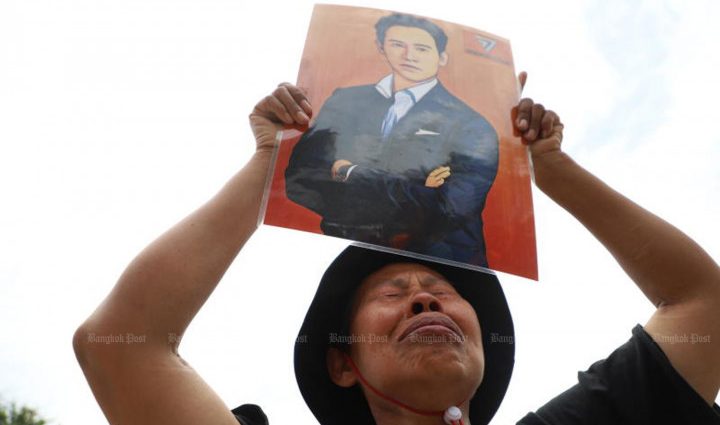PUBLISHED : 2 Aug 2023 at 07:11

A senior Pheu Thai figure admitted on Tuesday he is concerned the Constitutional Court will accept for deliberation a petition seeking a ruling on the rejected renomination of Move Forward Party (MFP) leader Pita Limjaroenrat.
The court has scheduled a hearing for Thursday to consider whether to review the Ombudsman’s petition, which also asked it to order parliament to postpone the prime ministerial vote.
Legal experts say the court can either reject the petition, accept it for consideration, or accept it and put parliament’s prime ministerial selection process on hold pending its ruling.
Pheu Thai list-MP Sutin Klungsang said the court’s decision will decide whether parliament’s joint sitting on Friday to select the prime minister will go ahead and if Pheu Thai can nominate its own candidate.
Pheu Thai, which is taking the lead in forming the coalition, plans to nominate Srettha Thavisin.
However, Mr Sutin said the eight prospective coalition partners will have to hold talks and decide their next move if the court rules Mr Pita can be renominated.
Thanakrit Vorathanatchakul, a prosecutor attached to the Office of the Attorney-General (OAG), said at issue is whether the rejected renomination of Mr Pita is a violation of the constitutional rights of those seeking a judicial review.
He said complainants objecting to parliament’s rejection of Mr Pita’s renomination see it as a violation of their rights.
The individual whose rights are deemed affected in this case is Mr Pita, but the MFP leader is not one of the petitioners, he said. If the court does not agree, it may reject the petition.
“And if the court (does that), a request seeking the postponement of the prime ministerial vote is automatically dropped,” he said.
Mr Thanakrit cited as an example a petition involving a charter amendment of the two-ballot system passed by parliament.
New Palang Dharma Party leader Ravee Maschamadol, who disagreed with the change, sought a judicial review and claimed it was a violation of his rights as an MP.
The court threw the petition out because the change involved legislative work carried out as stipulated in the charter. It said Dr Ravee’s constitutional rights were not violated.

